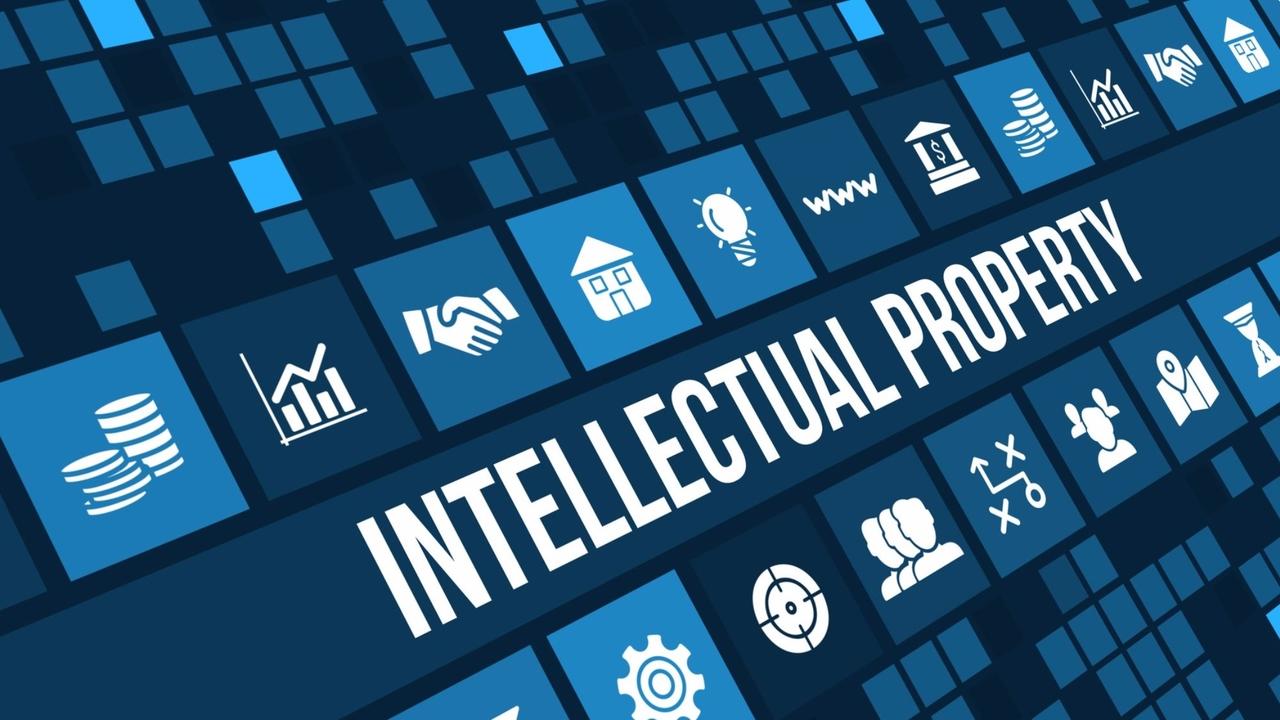In today’s rapidly evolving digital landscape, the protection and management of intellectual property (IP) have become more critical than ever. The rise of technology has made it easier to create, share, and distribute content, but it has also increased the risk of unauthorized use, piracy, and theft. Blockchain technology, often associated with financial transactions, offers a revolutionary solution to these challenges. By leveraging the power of blockchain, intellectual property transactions can be made more secure, transparent, and efficient.
Understanding Intellectual Property and Its Challenges
What is Intellectual Property?
Intellectual property refers to creations of the mind, such as inventions, literary and artistic works, designs, symbols, names, and images used in commerce. These creations are legally protected, allowing their owners to control the use, distribution, and commercialization of their work. IP rights are essential for fostering innovation, creativity, and economic growth by providing creators with the incentive to invest in new ideas and products. You can also explore Wealth Catalyst AI trading for further information.
The Challenges of Managing Intellectual Property
Despite the legal protections in place, managing intellectual property can be a complex and challenging task. Traditional IP management systems often rely on centralized databases, paper records, and manual processes, making them vulnerable to errors, fraud, and inefficiencies. Key challenges include:
- Ownership Disputes: Determining the rightful owner of an IP asset can be difficult, especially when multiple parties claim ownership or when the IP has changed hands several times.
- Unauthorized Use: Unauthorized use, copying, or distribution of IP assets can lead to significant financial losses for creators and rights holders.
- Global Enforcement: Enforcing IP rights across borders can be a legal and logistical nightmare, with varying laws and regulations in different countries.
- Transparency: The lack of transparency in IP transactions can lead to disputes, misunderstandings, and delays in the commercialization of IP assets.
How Blockchain Enhances Intellectual Property Transactions
Blockchain technology offers a decentralized, immutable, and transparent ledger system that can address many of the challenges associated with IP management. By using blockchain, IP transactions can be streamlined, secured, and automated, providing a more reliable and efficient way to manage intellectual property.
Decentralized Ownership Records
One of the key benefits of blockchain is its ability to create a decentralized record of ownership. Instead of relying on a single central authority, blockchain allows IP ownership records to be stored across a network of computers, making it nearly impossible for any single entity to alter or tamper with the data. This decentralized approach ensures that ownership records are accurate, up-to-date, and easily accessible to all parties involved.
Immutable and Transparent Transactions
Blockchain’s immutability means that once a transaction is recorded on the blockchain, it cannot be altered or deleted. This feature is particularly valuable for IP transactions, where the integrity of records is crucial. Every transaction, whether it’s the transfer of ownership, licensing agreement, or royalty payment, is permanently recorded on the blockchain, creating a transparent and auditable trail. This transparency reduces the risk of disputes and provides a clear record of who owns what, when, and under what terms.
Enhanced Security and Anti-Piracy Measures
Blockchain’s cryptographic security features make it highly resistant to hacking and unauthorized access. By storing IP assets and transaction records on a blockchain, creators can protect their work from piracy and unauthorized use. Additionally, blockchain can be used to track the distribution and usage of digital assets, making it easier to detect and prevent infringement.
Global Accessibility and Standardization
Blockchain’s decentralized nature makes it accessible to anyone with an internet connection, regardless of their location. This global accessibility is particularly beneficial for IP transactions, which often involve parties from different countries. Blockchain can also help standardize IP management practices across borders, reducing the complexity and cost of international IP transactions.
Applications of Blockchain in Intellectual Property Management
Copyright Protection and Digital Rights Management
Blockchain can be used to create a permanent, tamper-proof record of copyright ownership, making it easier to prove ownership in the event of a dispute. Digital rights management (DRM) systems can also be integrated with blockchain to track the distribution and usage of digital content, ensuring that creators are compensated for every use of their work.
Patent Management and Licensing
Patents are a critical component of the innovation ecosystem, providing inventors with the exclusive rights to their inventions. Blockchain can simplify the patent registration process by providing a transparent and immutable record of the invention’s creation date, ownership, and licensing agreements. Smart contracts can also be used to automate the licensing process, reducing the time and cost associated with patent transactions.
Trademark Protection and Anti-Counterfeiting
Counterfeiting is a major issue for brand owners, leading to significant financial losses and damage to reputation. Blockchain can be used to create a secure and verifiable record of trademark ownership, making it easier to detect and prevent the sale of counterfeit goods. By integrating blockchain with supply chain management systems, brands can track the movement of their products from manufacturer to consumer, ensuring the authenticity of their products.
The Future of Blockchain in Intellectual Property
The adoption of blockchain technology in intellectual property management is still in its early stages, but the potential is enormous. As more industries recognize the benefits of blockchain, we can expect to see widespread adoption and the development of new blockchain-based IP management solutions. These advancements will not only enhance the security and efficiency of IP transactions but also create new opportunities for creators and rights holders to monetize their work in innovative ways.
Conclusion
Blockchain technology offers a transformative solution for the challenges faced in intellectual property management. By providing a decentralized, transparent, and secure platform for IP transactions, blockchain enhances the protection, management, and commercialization of intellectual property assets. As the technology continues to evolve, it will play an increasingly important role in the global IP ecosystem, driving innovation and creativity in the digital age.
